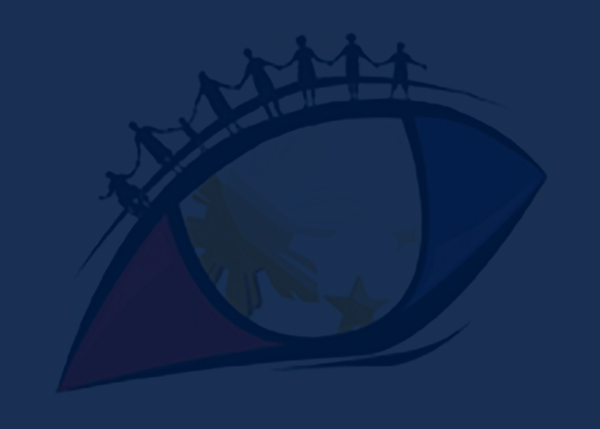The COVID-19 pandemic has a negative consequence that extends beyond the recent economic downturns and a continuously evolving public health crisis. Simply put, the pandemic creates opportunities for yet unseen levels of corruption and an erosion of democratic institutions and accountability mechanisms.
While the pandemic is admittedly an emergency of unprecedented scope, its categorization as an emergency facilitates the unchecked movement of public funds, much of which lacks transparency and effectively evades traditional means of public accountability. More troubling is the discretionary nature of these funds. Lack of transparency combined with discretion allows opportunistic political actors to channel public funds for private gain, creating a threat to the rule of law –all the more troubling when we consider that the May 2022 presidential election is fast approaching.
The most recent session of Stratbase ADR Institute’s annual Pilipinas Conference, aptly entitled “Opportunities Within the COVID-Crisis: Towards Transparent and Accountable Governance,” took a holistic view of COVID-19 as a threat to responsive and transparent governance, the rule of law, and democratic institutions. Central to the discussions of the conference session was the opening created by the pandemic crisis. While COVID-19 has created a means for corruption, the accelerated digitization of Philippine political, social, and economic life creates an equally potent opportunity for positive outcomes.
In her keynote address at the session, former Ombudsman and Supreme Court Associate Justice Conchita Carpio-Morales said “the people should remain vigilant more than ever. The people should watch closely how power wielders exercise the extended power at their disposal, on top of their vast array of already existing governmental powers. While doors are being shut almost everywhere, the door to transparency and accountability should remain open.”
Another major threat is electoral continuity. Katherine Ellena of the International Foundation for Electoral Systems (IFES) shared in her talk that “elections have been postponed all around the globe. While many now have been rescheduled, it has allowed those in government to use resources and just extra time to campaign.”
Despite these current threats, increased digital penetration can, with proper intersectoral cooperation, usher in the use of e-governance systems. E-governance, combined with the use of AI, blockchain, and cloud-based technologies can create new methods to keep public institutions directly accountable to their Constitutional source of authority –their very own constituents. Ultimately, this also future-proofs what is now an increasingly fragile democracy.
In the session, Commission on Audit Chairperson Michael Aguinaldo shared that a “Task Force for Audit Modernization has been created and as a starter, and is now testing with a government financial institution, the use of artificial intelligence to detect statistical anomalies in transactions. Project MIKA-EL or Machine Intelligence, Knowledge-based Audit, and Experience Learning is an artificial intelligence (AI) that is envisioned to work as an audit assistant, going through volumes of government records and helping auditors sort and process available digital data for faster and more efficient examination and audit.”
Speakers at the conference session called for the harnessing of the data, and emphasized the fact that data on its own cannot act to build a stronger democracy. Robust democracies are informed by data, but are ultimately built through the cooperation and consensus of all sectors of society –private enterprises, civil society actors, the academe, and the public sector.
Huguette Labelle, former Chairperson of Transparency International and current chair of the International Anti-Corruption Conference Council expounded on the role of civil society, saying “civil society can be broad based conveyors of citizens’ views, needs, requests and suggestions at the time of a crisis like COVID-19, and they are not just active in identifying problems and issues, but they must also be active in providing solutions. By linking with other non-governmental organizations, the academic sector, various institutes, as well as industry, CSOs have increased their capacity and become more impactful, and this needs to continue. We need collective action in order to make a difference”
Democracy Watch Philippines welcomes this broad call to action to build a strong democracy that is reinforced and future-proofed through the use of new technologies and built on a sound foundation of transparent and accountable governance. We call on the public sector to continue working with private enterprises to build our nation’s digital infrastructure that all Filipinos may confidently move towards a future that, despite all uncertainties, is undisputedly democratic.

